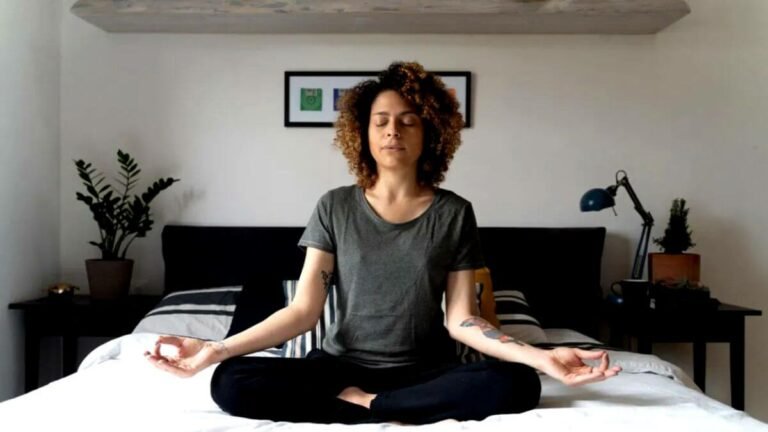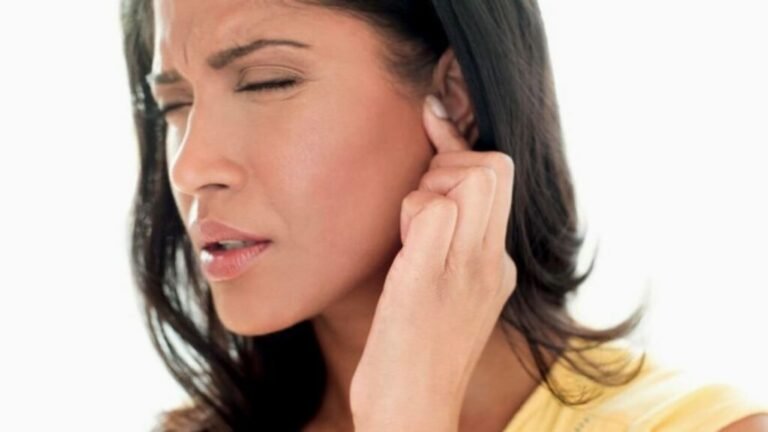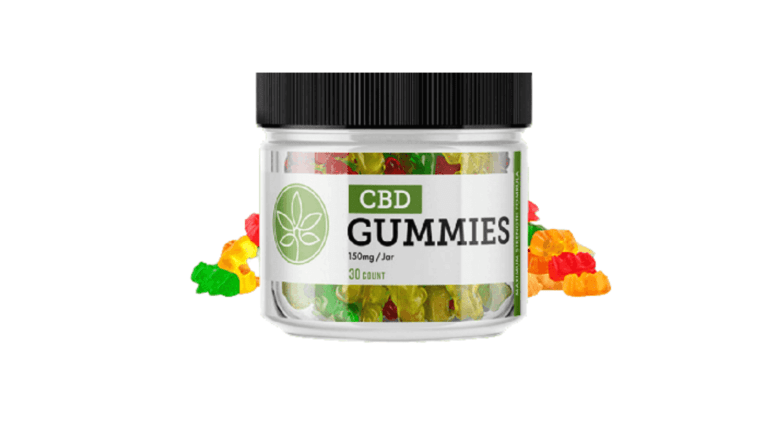How To Get Rid Of Body Aches From Depression? Effective Tips To Follow!

Depression is a common mental health disorder that can affect anyone. It’s also one of the most treatable conditions but often takes time to resolve. Body aches are a symptom of depression and can make it harder to get through the day.
Depression is a mood disorder that can cause an overwhelming feeling of sadness, loss, hopelessness, and worthlessness.
Tips To Reduce Body Aches From Depression
Experiencing the weight of depression is often accompanied by a range of physical symptoms that can be just as challenging as the emotional turmoil. Among these, persistent body aches and discomfort can be particularly debilitating. Depression has a way of impacting not only our mood but also our physical well-being, and these body aches can further exacerbate the overall burden of the condition.

Get Some Sleep
Sleep is one of the most critical aspects of your physical and mental health. If you’re not getting enough sleep, it can have a negative impact on your mood, stress levels, and energy levels. However, many different factors affect how much sleep you need—including age and activity level.
To get started with improving your sleep hygiene:
- Establish a regular bedtime routine to help your body prepare for restful slumber
- Avoid naps past 2 p.m., as they won’t give you enough time to fall asleep at night
- Only use bright-light screens (e.g., computers or phones) after sunset.
Drink Plenty Of Water
Drinking plenty of water is the best step for treating body aches. It will help you feel less tired, reduce muscle tension, and support your overall health.
- Drink at least eight 8-ounce glasses of water each day (that’s two liters). If you’re feeling dehydrated, try to drink a glass before you go to bed to prevent headaches and other symptoms in the morning.
- Water might also help if you’re drinking coffee or tea as a way to stay awake during the day. Instead, consider switching to decaf or drinking more plain water instead of adding sugar or creamers (or both).
For those prone to migraines or persistent headaches that keep coming back after taking medicine: Try substituting caffeinated drinks with non-caffeinated ones like sparkling water; it may help avoid caffeine withdrawal headaches while still providing some hydration!
Soak In A Warm Bath
Soaking in a warm bath is one of the most effective ways to relieve aches and pains. It’s easy to do, and you can do it almost anywhere.
- Start by filling your tub with warm water (not hot). If you have a bathtub that holds more than enough room for you to sit comfortably, great! You can add more hot water if needed when you get out of the tub.
- Make sure the water isn’t too deep for comfort—your shoulders should be able to rest easily above the surface of the water without having any part of your body submerged under it for too long (like, say, an elbow or knee).
Adjust Your Diet
For example, eating a diet high in fruits and vegetables can help reduce inflammation. If you’re not already doing so, eat more protein-rich foods like lean meat or fish at least twice a day.
Instead of refined grains and sugary foods, often processed foods, choose whole grains (like brown rice or quinoa) or avocado slices for snacks.
Get Active
Exercise can help relieve depression, improve sleep and energy levels, reduce stress and anxiety, and make you feel less irritable. In fact, a recent study found that people who exercised had an improved quality of life compared with those who did not.
Exercise can also help you deal with body aches. If your pain is related to depression, regular exercise may be an effective way to manage it.
According to research on fibromyalgia (chronic pain syndrome), people who exercised more often had fewer symptoms than those who didn’t exercise regularly or at all. But this doesn’t mean all types of exercise are helpful for everyone; some activities may cause more fatigue or discomfort than others for people with depression-related aches.
Don’t Smoke
Smoking is bad for you. That’s a no-brainer, right? But did you know that smoking can also worsen body aches and headaches? In addition to the long-term effects of smoking on the lungs, heart, and brain, nicotine withdrawal causes irritability and anxiety.
Once your body starts craving those cigarettes again, it won’t take much for you to start feeling even more stressed out than usual. You may also experience dizziness or nausea if your blood pressure goes down while quitting smoking.
Overall, health aside, though: if there’s a way to decrease how much pain you’re in—you should try it!
Try Heat And Cold Therapy
You can also use heat and cold therapy to help ease your body aches. Use a hot water bottle, heat pack, or heating pad to help with the pain of depression.
Alternatively, you can use ice packs or an ice bath to cool down the painful areas. If you need extra relaxation after a stressful day, try taking a warm shower for 10 minutes before going to bed at night.
Final Words
There’s no quick and easy fix for body aches. Instead, focusing on your overall health is essential, which means taking care of yourself in small ways every day.
Whether drinking more water or getting more sleep at night—or both!—these strategies can help make a difference in how you feel when things start hurting more than usual.
Dr. Edward Zelman
Dr. Edward Zelman is a distinguished and highly respected medical professional who has dedicated his career to the field of general medicine. With a profound commitment to patient care and a wealth of knowledge acquired over decades of practice, Dr. Zelman has earned a reputation as a trusted healthcare provider in his community. With a career defined by excellence and an unwavering commitment to the betterment of his patients and the broader community, Dr. Edward Zelman stands as a pillar of the medical field, dedicated to the principles of healing and compassionate care. At present, Dr. Edward Zelman is researching safe and effective natural remedies that can restore as well as maintain the youthful functioning of the body.
View All By Dr. Edward






